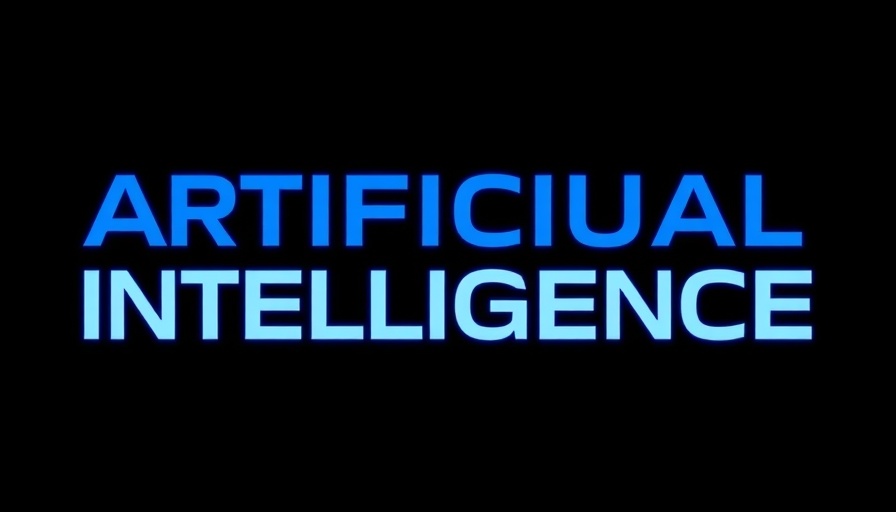
Unprecedented Acceleration: Is AGI Really Around the Corner?
A recent episode of The Ezra Klein Show unveiled startling insights about the looming arrival of Artificial General Intelligence (AGI), which Ben Buchanan, a former AI adviser in the Biden White House, predicts could manifest in just a few years. The discussions echo sentiments from various insiders in governmental and AI circles who believe this technology is on a fast track, despite prevailing uncertainty about how society will adapt to such a monumental shift.
The Shift in Timelines: From Hypothetical to Imminent
Experts once estimated AGI's arrival to be a distant reality, ranging from 5 to 15 years away. Recent assessments suggest that the timeline has contracted significantly, leading many to believe we may see AGI within the next 2-3 years. The sudden urgency in recognizing AGI's imminent onset is echoed by both Klein and Buchanan, underscoring the fact that the pace of technological advancement often outstrips societal readiness.
Government Catch-Up: The Historical Context of AGI Development
One of the most pertinent points discussed is that AGI represents the first revolutionary technology unmoored from the Department of Defense's historical funding. Throughout history, game-changing technologies such as the internet and GPS were largely government-funded initiatives, allowing for early oversight and strategic direction. However, the recent boom in generative AI has taken both governments and agencies by surprise, leading to a scramble for understanding and regulation. As noted in ExecutiveBiz, this could widen existing gaps in national security and technological leadership, especially against global competitors, primarily China.
The Implications for National Security in a Global Context
The discussion shifts towards national security, a chief concern for Buchanan as he acknowledges the geopolitical stakes involved. As the AI race heats up, particularly with China investing heavily in AGI capabilities, the U.S. faces immense pressure to maintain a competitive edge. A significant risk is that if adversaries develop AGI first, the repercussions could ripple through military, cyber landscapes, and intelligence gathering, leaving the U.S. vulnerable to new forms of espionage and warfare.
Challenges of Implementation and Ethical Concerns
Accompanying the potential benefits of AGI are serious ethical implications and challenges. As Buchanan notes, there is an urgent need for a structured and responsive governance framework to account for the transformative impacts of AGI on civil liberties and societal norms. Issues of accountability, bias, and security must be addressed to ensure that advancements remain beneficial rather than detrimental to societal structures.
Preparing for a Future with AGI
The urgency of preparing for AGI extends beyond technological readiness; it encompasses strategic policymaking and international cooperation. Policymakers must join forces with industries to foster an ecosystem that prioritizes ethical guidelines, innovation, and equitable workforce transitions. The time for action is now. The development of AGI necessitates not only technological innovations but also thoughtful societal adaptations.
As we contemplate the rapid advancements toward AGI, the core takeaway is clear: understanding its implications is paramount. The stakes are high, not merely for governments but for individuals whose daily lives will undoubtedly be impacted by these shifts. Are we ready to embrace these changes and the responsibilities they entail? The dialogue continues, but the clock is ticking.
 Add Row
Add Row  Add Element
Add Element 


 Add Row
Add Row  Add
Add 

Write A Comment